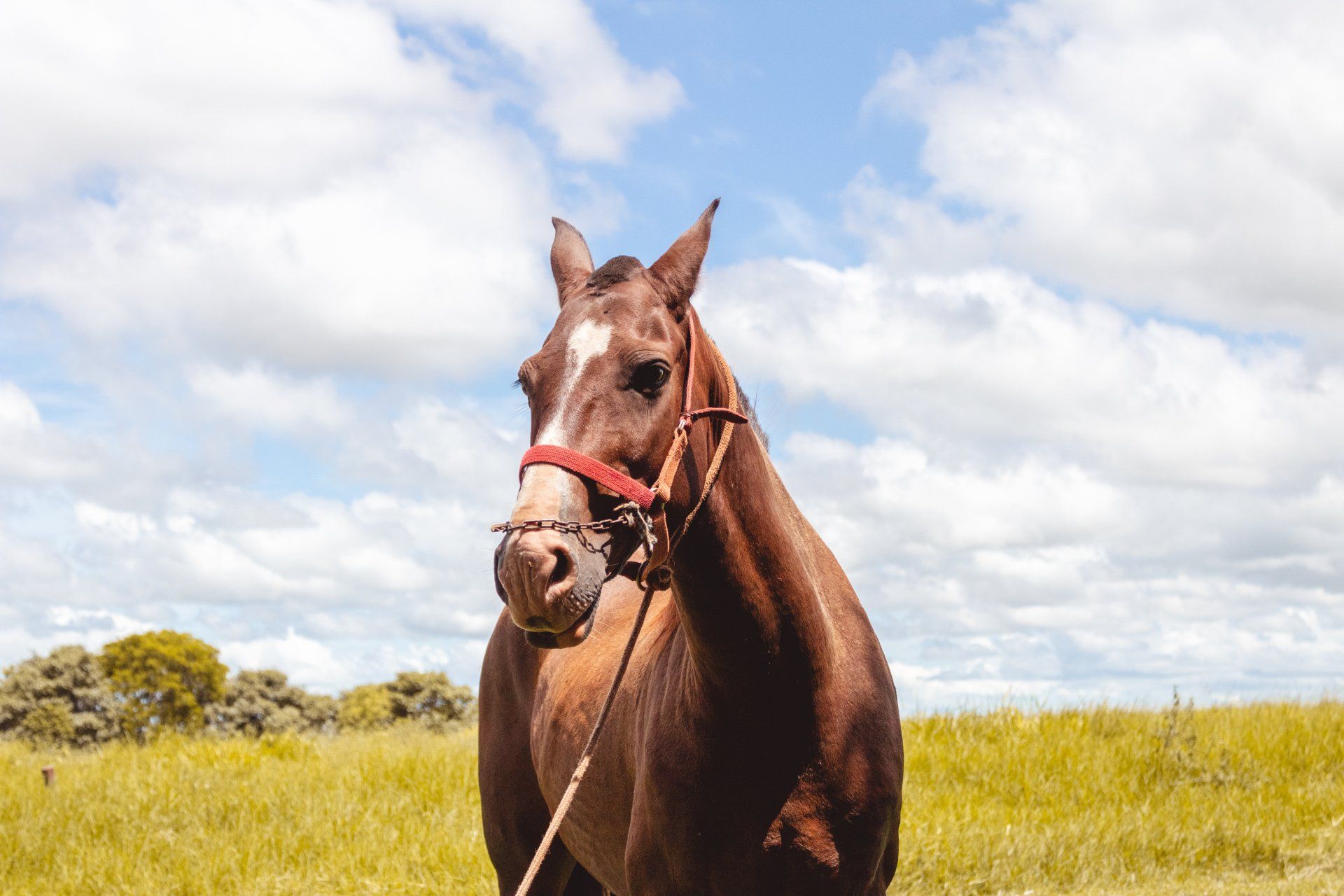Preventing Unwanted Pets
Stopping Pet Overpopulation Starts With You!
Written by Tara Monohan
For The Orrville Veterinary Clinic
Whether you have recently added a furry friend to your family or you are considering it, one of the most important health decisions you will make is to spay or neuter your cat or dog. As animal lovers who value our pets, it is important to understand the impact of this decision.
In every community, in every state, there are homeless animals. Each day 10,000 humans are born in the U.S. and each day 70,000 puppies and kittens are born. As long as these birth rates exist, there will never be enough homes for all of the animals. As a result, millions of healthy, loving cats, dogs, kittens and puppies face early deaths as a form of animal control. Others are left to fend for themselves against automobiles, the elements, other animals and cruel humans. What can you do to stop the suffering? Spay and neuter your pets!
What is spaying and neutering? Spaying is a surgical procedure where the ovaries and uterus are removed from a female pet. Neutering is a surgical procedure where the testicles and spermatic cord are removed from a male pet. When done by a licensed veterinarian, routine spay/neuter surgery is actually less dangerous than the stress and complications possible in pregnancy.
Not convinced yet? Besides preventing unwanted litters, here are some more benefits of spaying/neutering your pet. The number one benefit is that your pet will live a happier, longer life. Spaying your female helps prevent uterine infections and breast cancer. Spaying your pet before the first heat cycle offers the best protection from these diseases. Neutering your male pet eliminates the risk of testicular cancer and greatly reduces the risk of prostate cancer, prostatitis and perianal tumors. Altered pets have less desire to roam, therefore making her/him less likely to be injured in fights or auto accidents. It also eliminates or reduces spraying or marking in males neutered before six months of age or before the onset of these behaviors.
Contrary to popular belief, spaying or neutering will NOT make your pet fat. With the right amount of food and exercise, your pet will not become overweight. He/she will require fewer calories to maintain a proper weight and should be fed less meaning he/she will be less expensive to feed! Altered pets are still good watch dogs. If anything, they are more content with home and family and are more devoted. An altered pet does not feel deprived by being spayed or neutered but an unaltered pet when in heat or when they sense a female nearby will feel extreme frustration. This frustration often leads to behavior problems and aggression.
Think it is too expensive? The cost of spaying or neutering is minor compared to the cost of feeding and raising litters. In addition, problems during labor and delivery could lead to a costly Caesarian section. An altered pet often requires fewer veterinary bills. The capture, care and eventual destruction of unwanted animals costs taxpayers and private humanitarian agencies over a billion dollars a year.
At the Orrville Veterinary Clinic our staff members can answer your questions about spaying or neutering your pet or any other procedure your pet may undergo at our clinic. Please don’t hesitate to ask. Contact us at (330)682-2971 or orrvet@earthlink.net. For more information, visit our website at www.orrvillevetclinic.com












